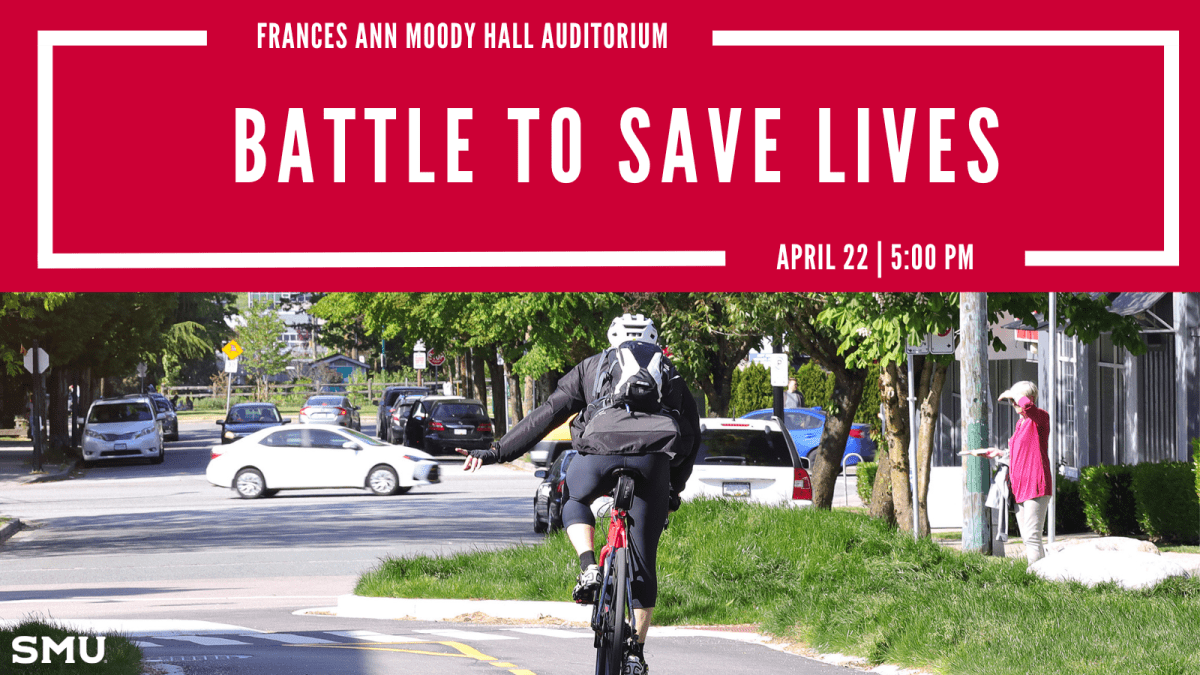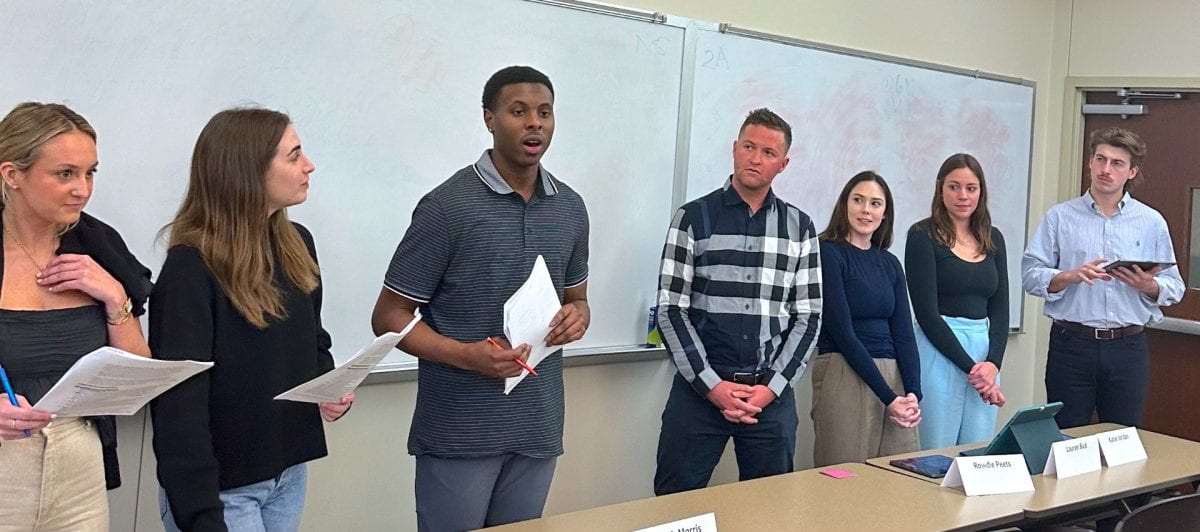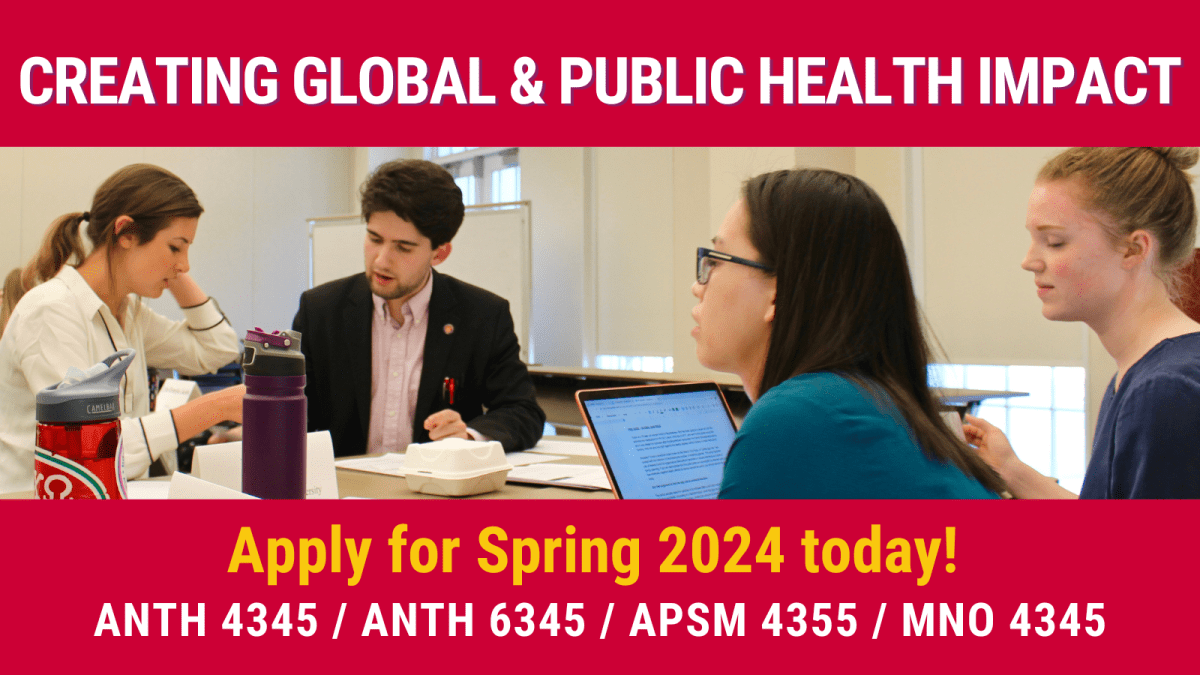SMU epidemiologist Dr. Eric G. Bing offers an undergraduate course focused on international diseases and strategies to combat them. Pandemics! The Science of Disease Spread, Prevention, and Control (APSM/ANTH/MNO 4344), in Spring 2025, will equip SMU students with the essential tools to understand the various factors influencing disease spread and the ways local and global communities can address these challenges effectively.









